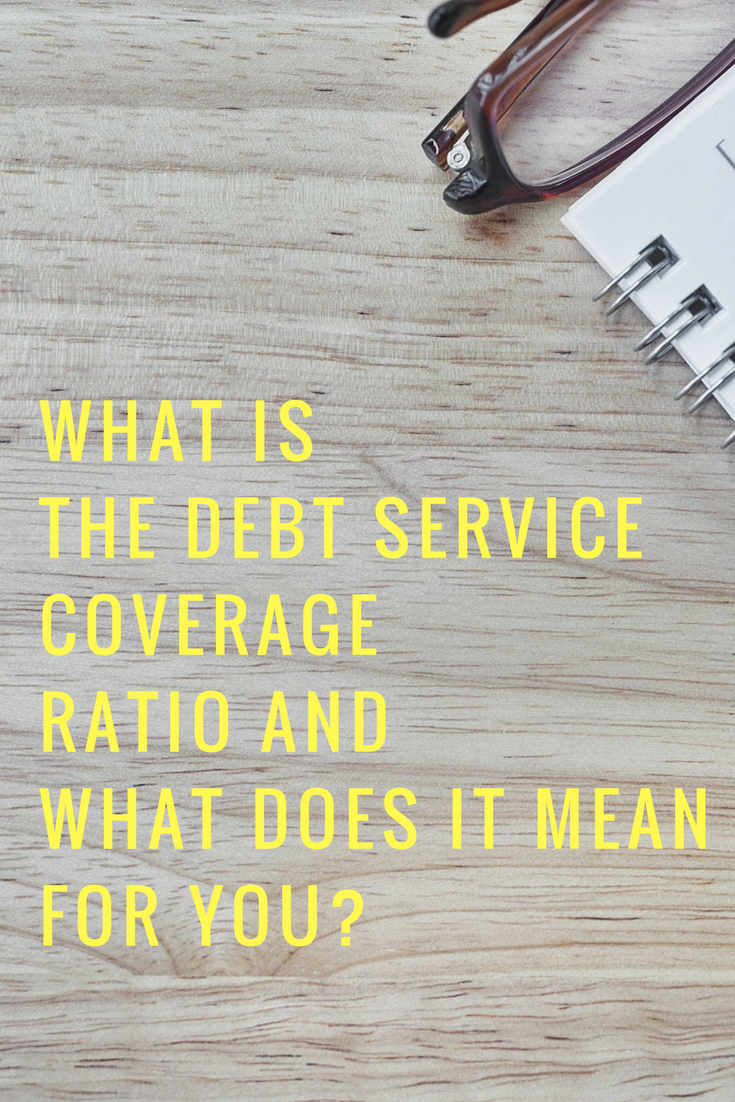Your credit score is extremely important, nowadays. It determines whether or not you qualify for other credit accounts, and if so, what terms. It plays a factor in where you live, and it can even impact job opportunities.
That said, it’s crucial you do everything you can to improve and keep your score high.
What impacts your score?
There are five factors that play a role in calculating your credit score. They are listed below with percentages to discern how big of a role each one plays.
- Payment history (35%) – How frequently do you make on-time payments. This number should be 100%
- Credit utilization (30%) – How much credit have you used compared to how much you have available. For example, if you have $20,000 of credit available and used $5,000, you have a utilization rate of 25%. Credit rating agencies want to see it below 30%, but the lower, the better.
- Credit age (15%) – How old are your current credit accounts? The older, the better. This means that every time you open a new credit account, your credit age drops.
- Types of credit (10%) – Credit cards, loans, student loans, etc. Variety helps here.
- Number of credit inquiries (10%) – Hard credit inquiries negatively affect your score. Like the utilization, low numbers are better.
(Source)
What hurts your score
There are a few things that negatively impact your score. I’ll list the bad things from the list above, then I’ll list a few others.
- Poor payment history – If your payment history is below 100%, you’re already starting from behind. Anything under 100% gets notched down.
- High utilization rate – As I said, rating agencies want to see utilization rates under 30%, so anything over that will bring your score down.
- Low credit age – Older accounts are better for your score
- Only one type of credit account
- A large number of credit inquiries
- Bankruptcy – Negatively affects your credit score and stays on your credit report for 10 years.
- Liens and judgments taken out against you – Negatively affects your score and stays on your report for 7 years
Starting from a low score
If you are starting from a lower score, it could be from past experiences (bankruptcy or liens), and if that’s the case, you can only improve. Unfortunately, time is your enemy right now until those drop off.
The first place I would start is to pay off your current debt. If you don’t have any open credit accounts, the next step is to open one.
Individuals with low scores will have trouble opening credit accounts, so I would start with a secured credit card.
A secured credit card is like a regular one, except you establish the credit limit with a deposit. The amount of your deposit is the amount of your limit.
This is a slow and steady way to improve your payment history and show the credit rating agency that you’re responsible.
Current credit accounts
Speaking generally, I advise people to keep their credit accounts open. The one exception is you do plan on closing a credit account, make it one you recently set up.
Getting rid of a new account will increase your credit age, which should increase your score.
New credit accounts
If you’re looking to increase your score, I’d recommend abstaining from opening any new accounts, unless you’re someone that needs to open that secured credit card to rebuild your score.
The other two exceptions would be opening an account for a credit card balance transfer or a personal loan for debt consolidation.
Opening new accounts hurt twice. One, you effectively lower your credit age. And two, when you apply for a credit account, it counts as a hard credit inquiry.
Don’t do it unless you have to, and if the long-term benefits outweigh the short-term penalties.
Pay down debts
Paying down debt is a slow way to improve your credit score, but it’s a tremendous way to improve your finances overall.
Less debt means less money needed to service that debt. Less debt means a lower utilization rate (number 2 factor).
Also, when you make debt payments [on time], you’re strengthening your payment history (number 1 factor).
I recently wrote an article, linked here, about paying down debts. Give it a read. In that article, you’ll also find helpful resources on similar topics.
Utilities
The last thing I would do is check to make sure your utility provider (for me, my local municipality has its own utility company) is listed on your credit report.
My previous utility company (WE Energies) did come up on my credit report. It’s another “credit type” and another way to strengthen your payment history.
Further reading:
- A Guide to Credit Tradelines: What Do They Actually Do For Your Score?
- What Hurts Your Score? 10 Things That Can Really Affect Your Rating
- What You Need To Know About Bankruptcy
My name is Jacob Sensiba and I am a Financial Advisor. My areas of expertise include, but are not limited to, retirement planning, budgets, and wealth management. Please feel free to contact me at: jacob@crgfinancialservices.com


